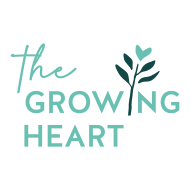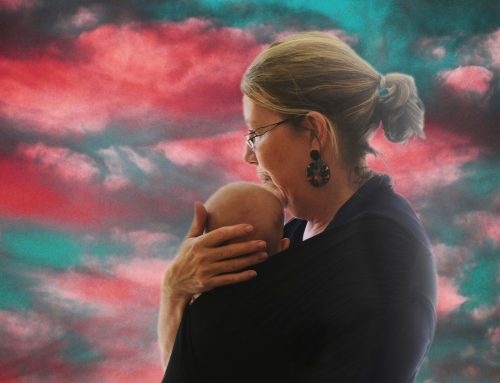PTMF Melbourne
For many years I wanted a better framework for best practice than the current bio-medical model which pathologizes symptoms of complex trauma as a “disease” and “biological” state-without evidence! Apart from the disrespect inherent in putting labels on people who have already suffered multiple adverse experiences, it doesn’t make sense that this reductionist way of supposedly helping people is often causing more harm, leading to ongoing Royal Commissions that never seem to address the underlying structural problems in mental health care.
In Australia, the structural problems – including professional “language” and treatment approach for mental health- are driven by the DSM- the Diagnostic and Statistical Manual, revised and produced every few years by the American Psychiatric Association. Within DSM criteria, people with complex trauma are often misdiagnosed or given labels like borderline personality disorder, Bipolar disorder, depression, generalised anxiety disorder, causing many kinds of mistreatment and mismanagement (Benjamin, 2019)
DSM started as a valiant way to understand mental health issues, developed by Americans who didn’t like the flowery language of the existing International Classification of Diseases (ICD). However since then it has been largely taken over by white, middle-class US psychiatrists closely aligned with big Pharma. Since the eighties, Big Pharma has been gradually expanding the range of conditions classified as “disorders” in order to sell more drugs (Moynihan, 2018)
Hospital/service funding and practice now follows from these un-validated and unreliable labels, implying that one just needs to tip the right chemical into a brain to “sweeten” it. Those that can’t be “sweetened” chemically are called “outliers” by the system, or stigmatised for being “treatment resistant”, treated harshly in EDs or discharged prematurely even though very unwell or at risk. Psychotherapy is considered only as a last resort. Some of these people become the homeless that wander our street, mistrustful of the very services they have earlier turned to for help.
International trauma experts like Dr. Bessel Van Der Kolk struggle to be heard over the vested interests who find profit and convenience in the current DSM system. Multiple inquiries into mental health over decades show this system is not working. Marginalised groups such as mental health consumers seem invisible to DSM oriented practitioners. It is faster, easier and more profitable to offer drugs like “Quietipine” (to quieten the patient), than to sit beside those who are suffering or try to understand trauma systemically.
A huge shortcoming of the DSM model is that it locates the problem solely in the person, and ignores the systems and environment that created the problem in the first place. As identified by the Division of Clinical Psychology (DCP) of the British Psychological Society:
“The DCP is of the view that it is timely and appropriate to affirm publicly that the current classification system as outlined in DSM and ICD, in respect of the functional psychiatric diagnoses, has significant conceptual and empirical limitations. Consequently, there is a need for a paradigm shift in relation to the experiences that these diagnoses refer to, towards a conceptual system not based on a “disease” model.” (DCP, 2013, p. 1)
Indeed, the DSM system is so low in research validity and reliability that two of the largest international research funding bodies have stopped allowing DSM criteria as the basis for medical research. However organisations that promote DSM are very powerful and influential, with deep pockets and ongoing political lobbying.
The Power Threat Meaning Framework developed by members of the British Psychological Society offers a new and compelling alternative to the DSM, that appears to have a more valid and ethical way of making sense of trauma symptoms without “labelling” of symptoms including mental distress, unusual experiences and problematic behaviour. It was developed over a five year period in the UK, by researchers who looked for an evidence base for best practice in working with trauma – supported by what we know from decades of research about the causes of trauma, which are often transgenerational and systemic.
Trauma is exacerbated by disrupted early attachments and imbalances of power and the inherent inequalities that lead to abuses of power and privilege. They assert that the many symptoms of trauma are simply a survival-based adaptation to the original situation, for example hypervigilance or dissociation originating from having to survive an unpredictable or unsafe environment. This view is shared by many international trauma experts including Bessel Van Der Kolk, Janina Fisher, Pat Ogden, Lou Cozolino and Judith Hermann.
Recently the Australian Childhood Foundation sponsored the author of the new framework to speak to professionals and consumers about this model. More information about this model can be found here in power threat meaning framework intro 2018, written by the authors of the study.
The authors





